Defenestration
Explore the fascinating history and literary works on defenestration—the act of throwing someone out a window. Discover top books detailing famous defenestrations and their impact on politics and culture.

Book
Europe
by Norman Davies
Here is a masterpiece of historical narrative that stretches from the Ice Age to the Atomic Age, as it tells the story of Europe, East and West. Norman Davies captures it all-the rise and fall of Rome, the sweeping invasions of Alaric and Atilla, the Norman Conquests, the Papal struggles for power, the Renaissance and the Reformation, the French Revolution and the Napoleonic Wars, Europe's rise to become the powerhouse of the world, and its eclipse in our own century, following two devastating World Wars. This is the first major history of Europe to give equal weight to both East and West, and it shines light on fascinating minority communities, from heretics and lepers to Gypsies, Jews, and Muslims. It also takes an innovative approach, combining traditional narrative with unique features that help bring history alive: 299 time capsules scattered through the narrative capture telling aspects of an era. 12 -snapshots offer a panoramic look at all of Europe at a particular moment in history. Full coverage of Eastern Europe—100 maps and diagrams, 72 black-and-white plates.All told, Davies’'s Europe represents one of the most important and illuminating histories to be published in recent years.
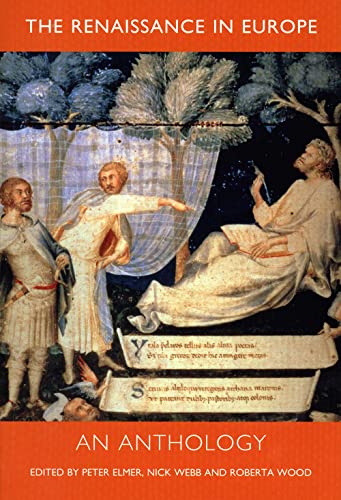
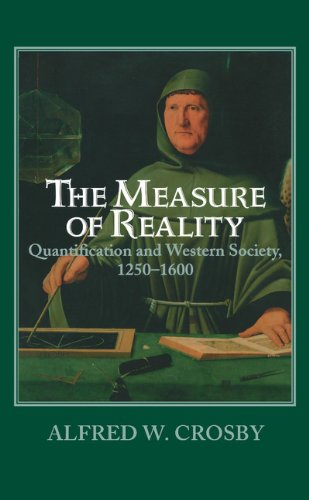
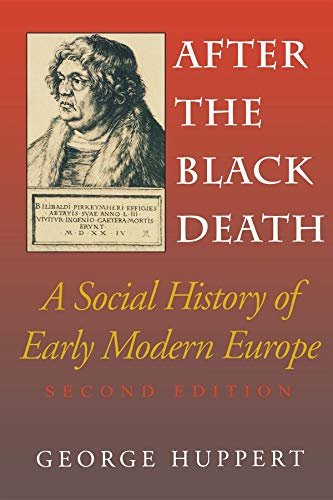
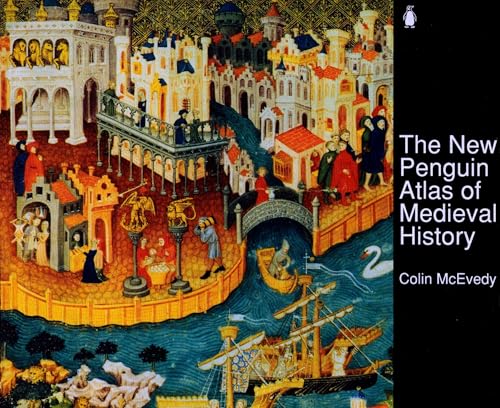
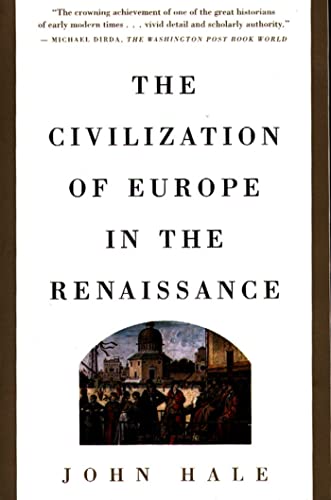

Book
A Distant Mirror
by Barbara W. Tuchman
A “marvelous history”* of medieval Europe, from the bubonic plague and the Papal Schism to the Hundred Years’ War, by the Pulitzer Prize–winning author of The Guns of August *Lawrence Wright, author of The End of October, in The Wall Street Journal The fourteenth century reflects two contradictory images: on the one hand, a glittering age of crusades, cathedrals, and chivalry; on the other, a world plunged into chaos and spiritual agony. In this revelatory work, Barbara W. Tuchman examines not only the great rhythms of history but the grain and texture of domestic life: what childhood was like; what marriage meant; how money, taxes, and war dominated the lives of serf, noble, and clergy alike. Granting her subjects their loyalties, treacheries, and guilty passions, Tuchman re-creates the lives of proud cardinals, university scholars, grocers and clerks, saints and mystics, lawyers and mercenaries, and, dominating all, the knight—in all his valor and “furious follies,” a “terrible worm in an iron cocoon.” Praise for A Distant Mirror “Beautifully written, careful and thorough in its scholarship . . . What Ms. Tuchman does superbly is to tell how it was. . . . No one has ever done this better.”—The New York Review of Books “A beautiful, extraordinary book . . . Tuchman at the top of her powers . . . She has done nothing finer.”—The Wall Street Journal “Wise, witty, and wonderful . . . a great book, in a great historical tradition.”—Commentary
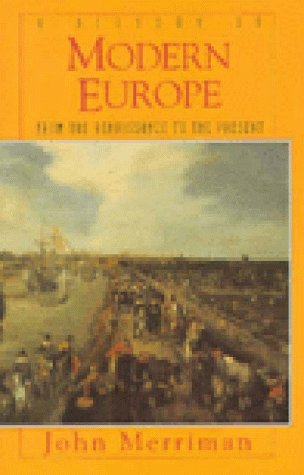

Book
The Little Ice Age
by Brian Fagan
From renowned archeologist Brian Fagan, the classic history of how climate change transformed Europe and the world The Little Ice Age tells the story of the turbulent, unpredictable, and often very cold years of modern European history, revealing how the 500-year cold snap that began in the fourteenth century affected historical events and what it means for today's global warming. Renowned archaeologist Brian Fagan shows how the increasing cold influenced familiar events, from Norse exploration to the settlement of North America to the Industrial Revolution. This is a fascinating book for anyone interested in history, climate, and how they interact.

